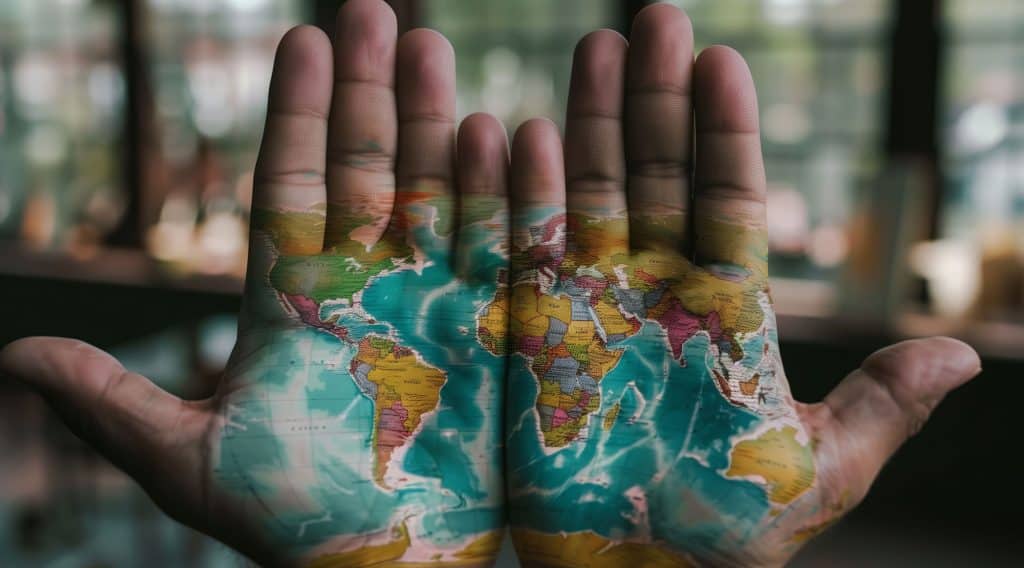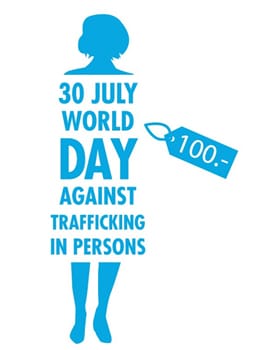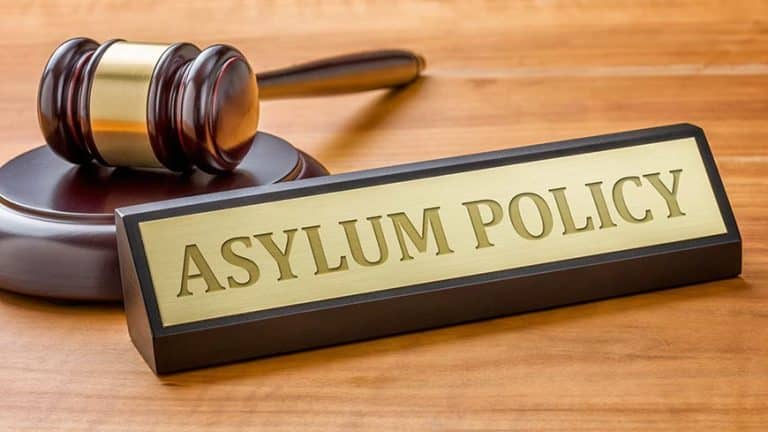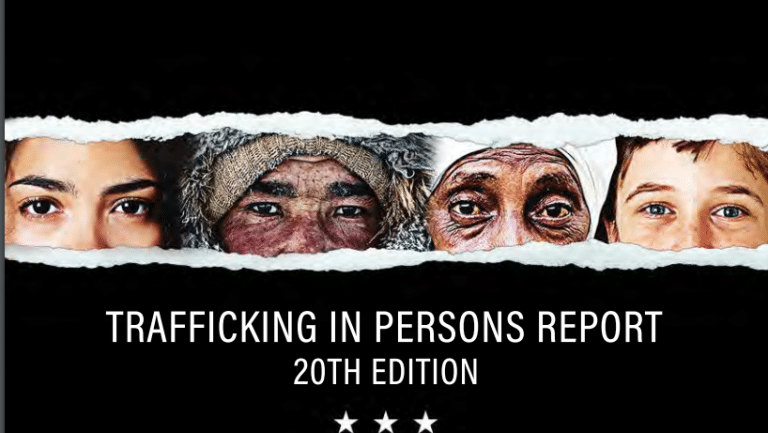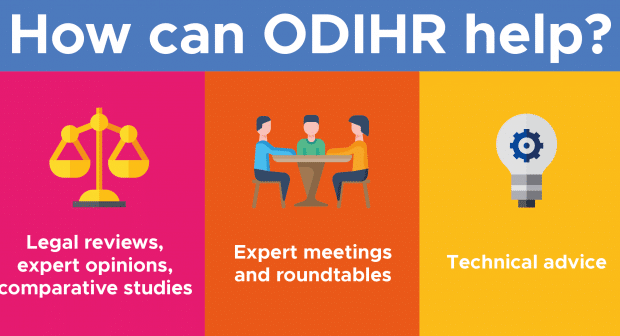
OSCE ODIHR webinar 21 July 2020 to share results of Survey by UN Women on the impacts of COVID-19.
Online Webinar via ZOOM:- Presentation of Findings of the ODIHR and UN Women Policy Survey Reports and Recommendations “Addressing Emerging Human Trafficking Trends and Consequences of the COVID-19 Pandemic”


